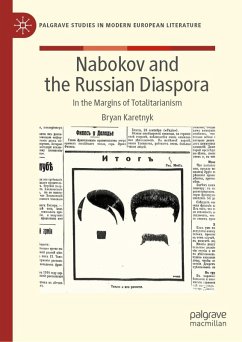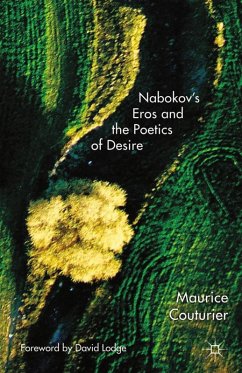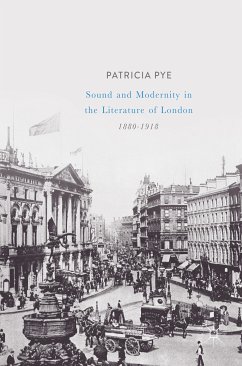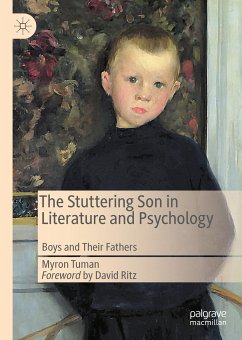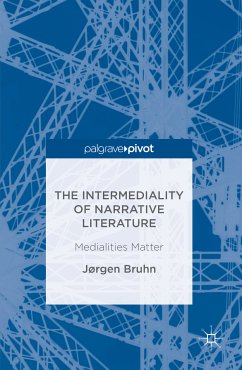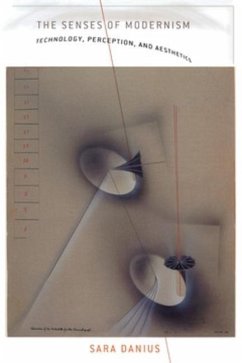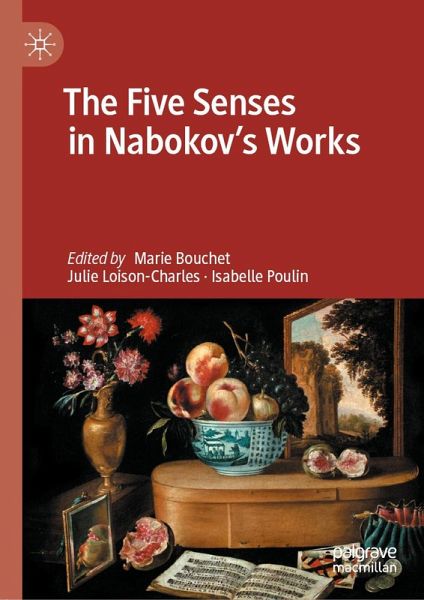
The Five Senses in Nabokov's Works (eBook, PDF)
Versandkostenfrei!
Sofort per Download lieferbar
72,95 €
inkl. MwSt.
Weitere Ausgaben:

PAYBACK Punkte
36 °P sammeln!
This collection of essays focuses on a subject largely neglected in Nabokovian criticism-the importance and significance of the five senses in Vladimir Nabokov's work, poetics, politics and aesthetics. This text analyzes the crucial role of the author's synesthesia and multilingualism in relation to the five senses, as well as the sensual and erotic dimensions of sensoriality in his works. Each chapter provides a highly focused and sometimes provocative approach to the unique role that sensory perceptions play in the shaping and narrating of Nabokov's memories and in his creative process.
This collection of essays focuses on a subject largely neglected in Nabokovian criticism-the importance and significance of the five senses in Vladimir Nabokov's work, poetics, politics and aesthetics. This text analyzes the crucial role of the author's synesthesia and multilingualism in relation to the five senses, as well as the sensual and erotic dimensions of sensoriality in his works. Each chapter provides a highly focused and sometimes provocative approach to the unique role that sensory perceptions play in the shaping and narrating of Nabokov's memories and in his creative process.
Dieser Download kann aus rechtlichen Gründen nur mit Rechnungsadresse in A, B, BG, CY, CZ, D, DK, EW, E, FIN, F, GR, HR, H, IRL, I, LT, L, LR, M, NL, PL, P, R, S, SLO, SK ausgeliefert werden.



